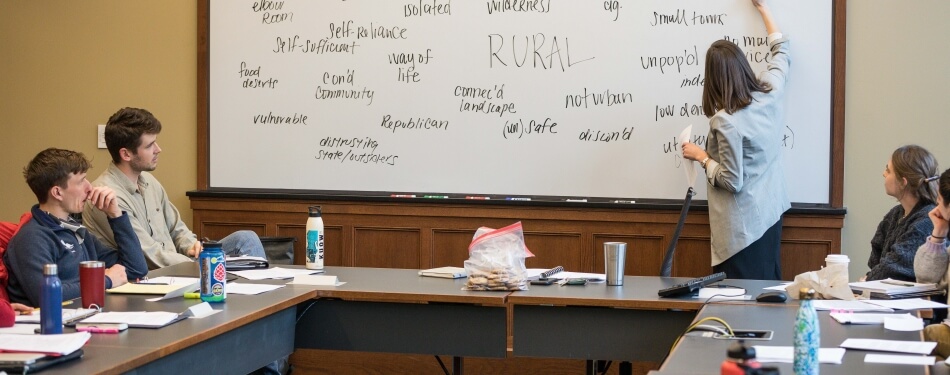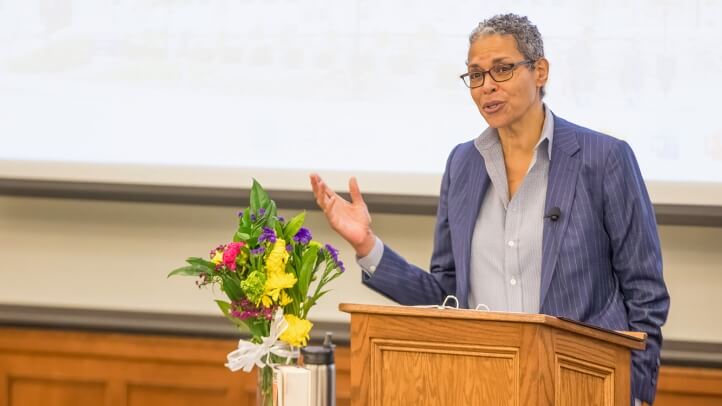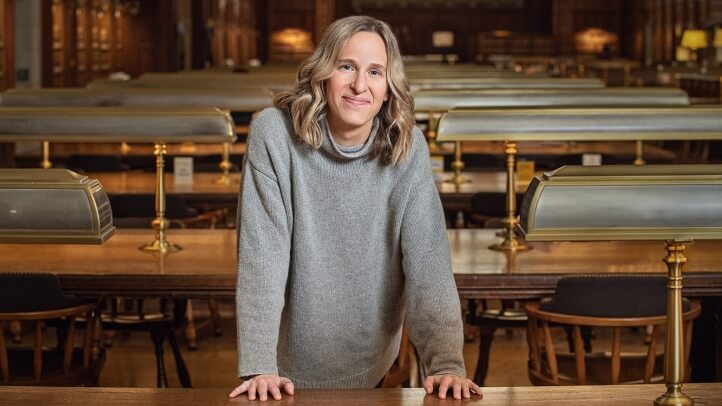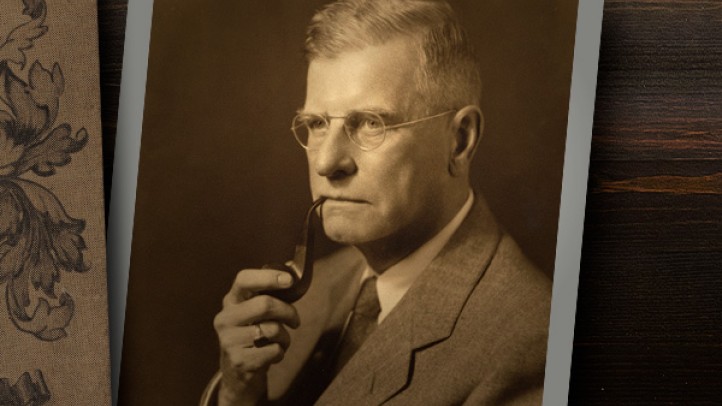The Lessons of History for the Legal Questions of Today
Legal history is about more than stacking up old statutes. Legal historians study not just how law changes over time, but also the changing relationship between law and society. Studying the past helps us understand the present, and the most pressing, hot-button legal issues we face today.
At the University of Michigan, legal history is taught broadly, not narrowly. We look closely at the history of the United States, but also outward to the rest of the Americas, and to Roman law, the laws of Medieval Europe, and the history of Chinese legal frameworks and institutions. At every step, we draw out what might otherwise be unheard voices, as we trace the actions of those excluded from formal citizenship, held as slaves, trapped within patriarchies, or locked into relations of dependence.
Students of legal history often go on into deeper academic pursuits. They also frequently earn judicial clerkships—the rigorous research, writing, and argumentation that are integral to these courses are skills judges often look for. And if your career path is into private practice, public interest, or government, a strong foundation in the study of legal history will serve you well.
Brian Simpson Memorial Lecture and Dawson Pro-Seminar
The University of Michigan Law School and History Department have a biennial Lecture Series in Legal History in honor of the late Brian Simpson, the distinguished historian of English law and institutions and of human rights.
The lecture is coordinated with a lunchtime round-table session for graduate students, titled the Dawson Pro-Seminar, after the late John P. Dawson, who taught at the University of Michigan Law School and then at Harvard Law and Boston University.
Both events are made possible by the generous support of the Thomas and Ruth Green Legal History Endowment. The biennial series seeks to reinforce longstanding ties between the UM Law School and Department of History by bringing distinguished scholars to campus.
In 2015, Dirk Hartog inaugurated the series with a lecture on “Gibbons v. Ogden, without the Commerce Clause: Of Steamboats, a River, Slaves, a Quarrelsome Family, a Bank, and the Legal Lives of Two Old Men.”
In 2017, Annette Gordon-Reed delivered the second lecture titled, “Policing Black Citizenship: From the Founding to Ferguson.”
Constitutional Change and Constitutional History
Our third Brian Simpson Lecture was delivered by Risa Goluboff on the subject in 2019.
Race in Contract Law
Postponed due to the pandemic, Dylan Penningroth contributed our fourth lecture in the series in 2022.
Faculty
Featured Scholarship
"Inventing Birthright: The Nineteenth-Century Fabrication of jus soli and jus sanguinis"
Law and History Review
- Legal History
"Memory, Resistance, and Doubt"
William and Mary Bill of Rights Journal
- Legal History
"Edward S. Rogers, the Lanham Act, and the Common Law"
- Legal History
"Legal Pluralism's Other: Mythologizing Modern Law"
- Legal History



















